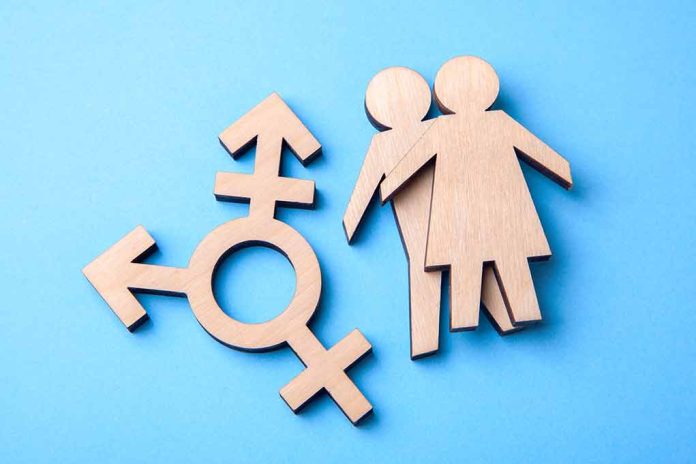
The cultural debate surrounding J.K. Rowling’s outspoken comments on gender identity and feminism continues to ignite intense public discourse.
At a Glance
- Backlash began in June 2020 over Rowling’s comments on transgender issues.
- Her remarks on biological sex sparked broad discussions on women’s rights.
- Rowling’s views received criticism and support from various societal sectors.
- Her literary works have been scrutinized amidst ongoing controversies.
Rowling’s Conservative Views Unveiled
J.K. Rowling faced backlash starting in June 2020 for comments on the transgender community. The controversy began after she retweeted a post questioning the phrase “people who menstruate” instead of simply “women.” This statement acted as a precursor to broader discussions on maintaining a clear distinction between biological sex and gender identity.
Rowling elaborated on her views by emphasizing the crucial role biological sex plays in understanding and preserving the distinct experiences of women. Her interpretation challenges current transgender activism, which some critics argue undermines the rights and safety of women.
Criticism and Support Amidst Controversy
Rowling supports Maya Forstater, who was dismissed from her job after sharing tweets considered transphobic, signaling her alignment with those questioning new trans activism. This position drew harsh criticism from actors and fans, including words of disapproval from Daniel Radcliffe, Emma Watson, and Eddie Redmayne, all staunch supporters of the trans community.
“This isn’t an easy piece to write, for reasons that will shortly become clear, but I know it’s time to explain myself on an issue surrounded by toxicity,” is how Rowling begins her essay on the subject.
The publication of “Troubled Blood,” a book featuring a cis male who dresses as a woman to commit crimes, stirred further discussion. Critics argue this portrayal perpetuates damaging stereotypes about transgender individuals, further complicating Rowling’s public image.
Balancing Women’s Rights with Gender Disputes
Despite the backlash, Rowling remains resolute in her views, which she frames as a staunch defense of women’s rights. She critiques the term ‘TERF’ (Trans-Exclusionary Radical Feminist) and its utilization as a tool for intimidating those who question the influence of trans activism on women’s spaces.
“The trans activist outrage that ensues on here whenever I share my belief that jailed women shouldn’t be used as validation tools or emotional support props for trans-identified male sex offenders is as revealing as it’s predictable,” said Rowling.
She passionately argues against defining women by their reproductive functions and insists on the necessity of preserving the integrity of single-sex spaces for women. Highlighting cases where trans-identifying biological males enter female prisons, she contends these situations compromise women’s safety.





